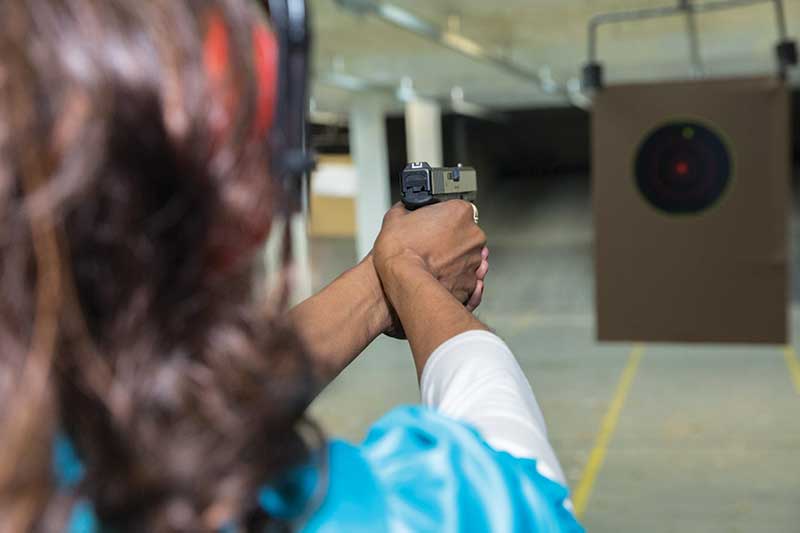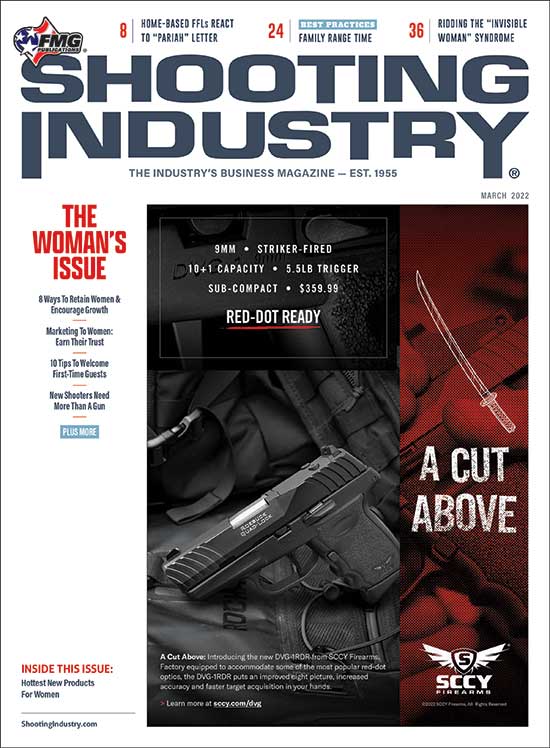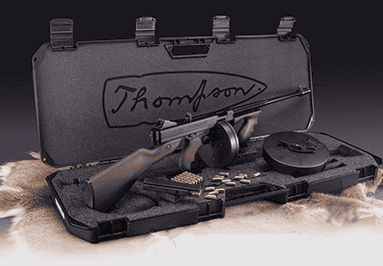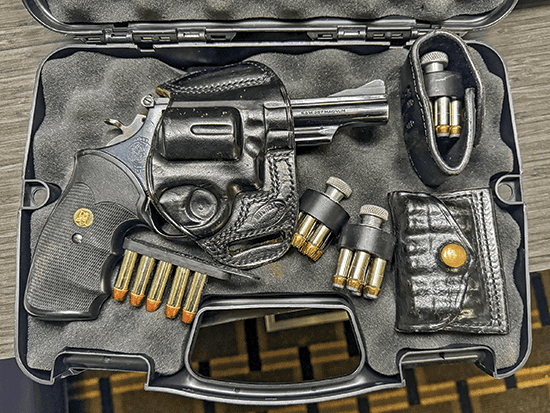“Barrier Breakers”
Are Now The Rule
During a recent trip to my local FFL, I witnessed an interaction that has taken place countless times over the past two years. An older, frail, masked, Black woman was at the counter talking with a young, unmasked, white, male sales associate — asking him for advice on some good home-defense handgun options.
Due to her smaller stature, the customer was concerned for her physical well-being living at home alone. It was a textbook interaction: The sales associate advised her to get a handgun with an easy-to-operate slide rather than a snub-nosed revolver and emphasized, repeatedly, the importance of getting good training to go along with it — no matter what she decides.
While the guest didn’t make the purchase that day (she was still on the fence of whether or not she wanted the responsibility of owning a firearm) I have a pretty good idea where she’ll be going if she changes her mind.
If any silver linings can be gleaned from the experiences of the past two years, it’s interactions like what I witnessed have become the rule, rather than the exception. Even though this one didn’t translate to a direct sale, it left the door open for future visits and empowered the customer with knowledge to make an educated decision for her self-defense needs.
Correcting Past Assumptions
The industry has made significant inroads welcoming women, minorities and other non-traditional shooters, but there’s always more we can be doing — from the macro to the micro level — to further develop positive interactions and enhance firearms ownership.
One of our motives for publishing the Woman’s Issue is to help correct past assumptions that may be made (even subconsciously) during a dealer’s dialogue with a customer who’s a female.
In Tiffany Johnson’s article, “The Invisible Woman” (pp. 36–39), she shares the devastating (and ironic) impact of making assumptions during a potential firearms purchase:
“If you know what equipment she needs within the first few moments, you’ve made some unwarranted assumptions. In so doing, you might have just insulted her by implying you know her better than she knows herself. At best, it could cost you the sale; and at worst, you’ve lost her as a customer forever.
“And if she’s a newcomer or a hesitant or fearful entrant into the gun-owning community, then by making her decisions for her, you might have unwittingly dispossessed her of the very agency and autonomy the Second Amendment was codified to safeguard. How’s that for irony?”
Tough, but true words. Hopefully this doesn’t apply to your store or staff — but if it does, it’s not too late to shed the label and break down barriers. Have a staff meeting or invite a panel of customers from diverse backgrounds to learn how they feel when in your establishment. (And, if you didn’t get a chance to read Johnson’s article, I highly recommend you do so.)
“If You Build It, They Will Come”
It may be a famous Field Of Dreams misquote, but the “If you build it, they will come” mantra certainly applies to welcoming women into your store.
Build an environment to show to women they’re welcome in your store. A calendar to promote when the next ladies’ night on the range is, displays, diverse staff and marketing/social media campaigns featuring women in the shooting sports are simple ways your store can develop a welcoming presence.
Debbie Rose, of Girls Shoot Guns Too, noted if you put the effort into making your store more approachable, it will generate opportunity.
“If FFLs put themselves out there as being more woman-friendly and approachable, women will be more apt to come in to them and feel more comfortable,” she said. “Maybe even advertise a women’s day or evening, and see if there are any women firearms instructors in the area who would be willing to be present for the event. It will draw a crowd! Having female camaraderie really helps.”
Don’t overthink it. Easier said than done, but as Ava Flanell points out in this month’s “8 Ways To Retain Women & Encourage Growth” (pp. 26–27): “Women aren’t that difficult to please when it comes to firearms and training; we just need a little encouragement, and in the end, just want to feel comfortable and confident.” It’s never too late to start.
Next year will bring Shooting Industry’s fifth annual Woman’s Issue — let us know what you liked, disliked or what you’d want to see in the next installment. Contact me anytime: editor@shootingindustry.com.






